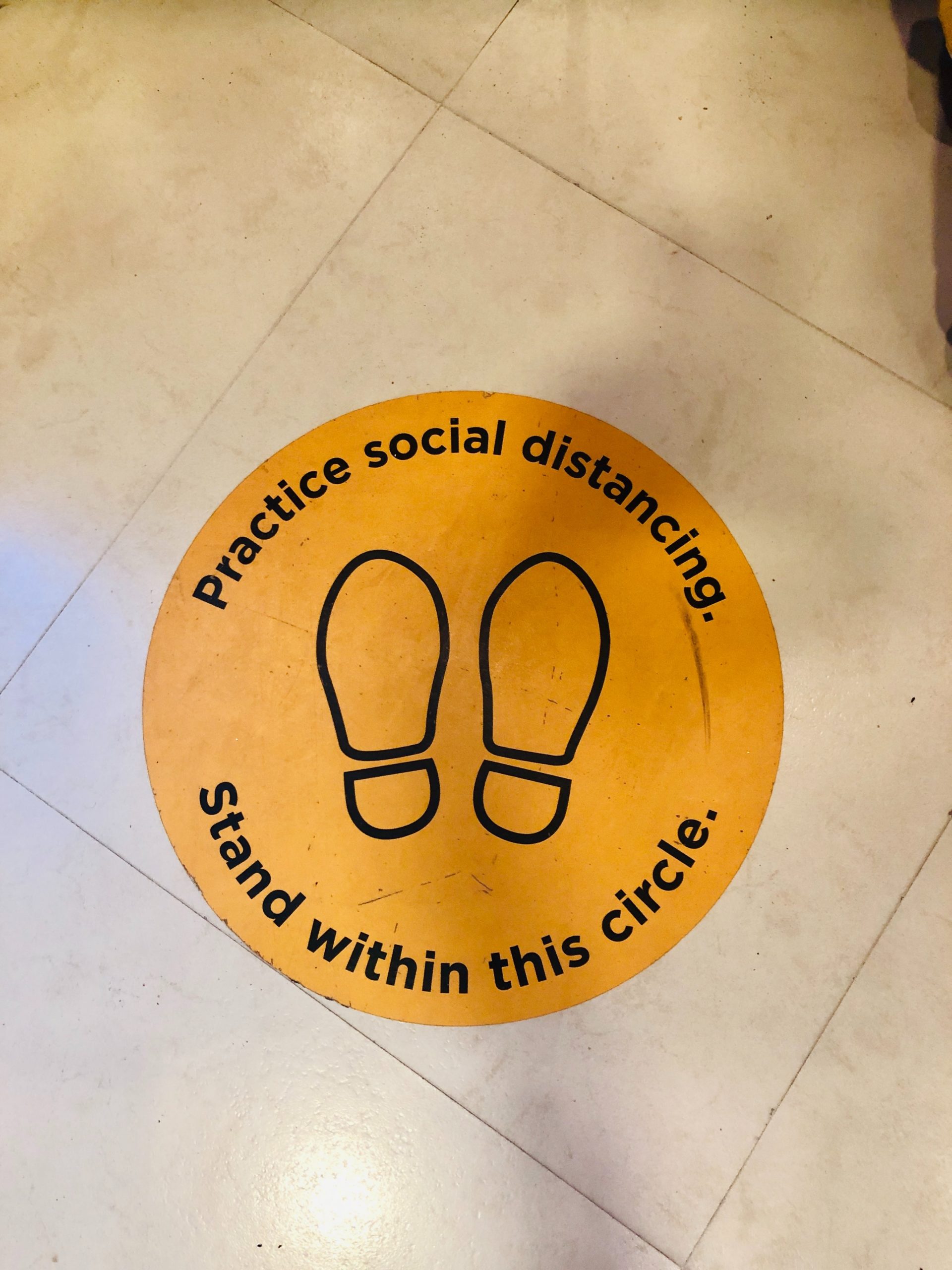Covid-19 Hospitalization and Insurance Coverage

June 22, 2020
Hospitalization is a concern for anyone diagnosed with pneumonia due to Covid-19 infection. Among adults hospitalized with this coronavirus, 45 percent are age 65 or older (according to the American Hospital Association as of May 18, 2020). If you have been laid-off or unable to work during this Covid-19 pandemic, anxiety over the potential cost of a hospitalization due to Covid-19 may be affecting your daily life and sleep quality.
While most people symptomatic from Covid-19 do not require hospitalization, breathing difficulty (and especially with a low blood oxygen level) can result in hospitalization rather than convalescence at home. Besides describing insurance coverage changes mandated by the federal government, the following describes your potential cost-burden for a hospitalization due to Covid-19.
Tests for Covid-19 – Who Pays for Them?
The legislated Families First Coronavirus Response Act (FFCRA) addressed coverage for Covid-19 diagnostic testing, and was signed into law on March 18, 2020. Mandated by this federal law was that anyone who wanted a diagnostic test for Covid-19 would not have to pay for it. Instead, a governmental entity and/or insurance would fully cover this cost.
Presently, in order to obtain a Covid-19 diagnostic test, a person typically needs to be referred by a physician – and physicians typically prescribe a Covid-19 test only if: (a) the patient displays symptoms of this coronavirus, (b) was in contact with someone diagnosed with this coronavirus, or (c) is a “first-line” responder (inclusive of grocery store and pharmacy clerks). The FFCRA did not specifically address treatment costs.
However, it did ensure that current Medicaid-enrollees across the US could obtain “free” Covid-19 diagnostic testing. Medicare and Covid-19 Treatment Costs Along with covering Covid-19 diagnostic tests, Medicare (under Part B) also covers Covid-19 antibody testing. Kaiser Family Foundation (KFF) reports that the Part B deductible and cost-sharing are likewise waived.
In regard to hospitalization, Medicare’s Part A (hospitalization coverage) requires that a deductible be paid by the beneficiary; co-pays are also required. The coverage by Medicare for coronavirus testing also applies to Medicare Advantage plans – even when that testing is performed “out-of-network”. If you are a Medicare beneficiary and have an additional Medigap plan, that privately-offered plan (supplement) may pay for the rest of the hospitalization cost.
Each Medigap plan has different coverage terms, so it is important to check whether your Medigap plan requires payment of a deductible for inpatient and/or outpatient care. Meanwhile, the above-noted KFF report specified that 6 million Medicare beneficiaries lacked Medigap coverage in 2016. Since Original Medicare only normally covers 80 percent of the cost of care, not having any Medigap plan can leave an Original Medicare-enrolled person recovering – after hospitalization due to Covid-19 – responsible for a large hospital bill.
If home healthcare services are needed by a Medicare beneficiary due to Covid-19 – or consequent to a “high risk” categorization – Medicare will also cover those services (per a publication of the Centers for Medicare and Medicaid Services [CMS] on May 15, 2020).
Staying Healthy during the Covid-19 Pandemic
The best current “treatment” for Covid-19 – since no vaccine exists – remains preventing infection from occurring. For this reason, practicing social distancing and proper hand-washing remains necessary. Having a healthy immune system can enable someone to not become as severely ill, but this novel disease means that no one had immunity to it when it first “leaped” from animal to human (as also occurred with SARS, MERS, and Ebola).
Using a face-mask may not prevent a person from contracting a Covid-19 infection, but it is considered an effective public health measure for preventing its spread to other people in the community. Hospitalization Risk Factors and Covid-19 Obesity and asthma are two risk factors associated with an increased risk of hospitalization. Three other risk factors for a worsened course of Covid-19 infection are:
- Diabetes;
- Cardiac disease;
- Immunocompromised status (such as often occurs in cancer patients undergoing chemotherapy)
The Commonwealth Fund stated that 13.8 percent of people in the US were uninsured in 2019. While federal funding covers Covid-19 testing for the uninsured, the American Medical Association (AMA) on May 11, 2020 expressed the perspective that more needs to be done to cover Covid-19 treatment for the uninsured.Meanwhile, many states have opened – due to Covid-19 – a Special Enrollment Period (SEP) enabling uninsured adults to purchase private health insurance on the federal health insurance exchanges.
Additionally, some insurance companies are paying for more of the cost of Covid-19 treatment than would normally be covered for their enrollees. At UrHealth Benefits, we want to help you to understand insurance coverage changes consequent to the Covid-19 pandemic.
Request a Quote
send message
UR BENEFITS
GET IN TOUCH
OUR STORY
Individual & Family
Medicare
Small Business
Life Insurance
Supplemental
About Us
Our Philosophy
Join Our Team
2500 N Federal Hwy, Fort Lauderdale, FL 33305
954-256-5356
Resources
Carriers
Information
Events